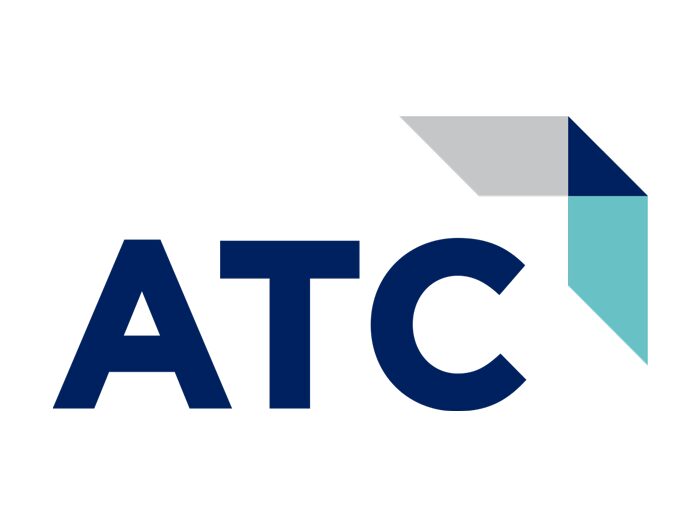
Do the benefits of cloud computing outweigh the cost? Many IT leaders would answer with a resounding “yes!”, but key stakeholders and decision makers who originally thought the cloud would represent a cost savings aren’t so sure. If cloud costs are causing business leaders to stick with on-premise servers, it may be time to realize that migrating to the cloud isn’t just about cost savings.
Choosing an IT model for your business is a very important decision. Every company needs a safe and secure storage space where data and applications can be easily accessed and operational costs are kept to a minimum. According to recent cloud computing trends, as much as 80 percent of organizations are predicted to migrate toward the cloud by 2025. The primary reason for this migration has nothing to do with cost and everything to do with security, stability, resiliency and scalability.
Cloud Computing Costs vs. On-Premises
IT costs are complex and difficult to figure out. First consider traditional IT, better known as an on-premise data center. On one hand you have the individual costs of equipment, appliances, and software. On the other hand, there are operating and administrative costs, including the cost of staffing an internal team to keep your infrastructure running. Also factor in the costs of set-up, data monitoring, ongoing maintenance, and network connectivity costs. In contrast, cloud computing costs can be easier to figure out because they mostly come fully loaded. Cloud invoices traditionally include all these costs bundled upfront and fees are charged based solely on usage. Most cloud providers only charge for the services and resources you leverage such as storage, computing and networking.
When the time comes to compare costs, cloud computing and traditional computing are like apples and oranges. Keep in mind, you must be creative and thorough in considering the true value of each. While the cloud might not represent cost savings, the business values of agility, speed and increased innovation will likely boost the true benefits of cloud computing above traditional on-premise solutions. Ultimately, it’s the return on your investment that weighs more heavily than upfront costs.
Let’s take a look at all the reasons why the cloud is a wise investment:
5 Benefits of Cloud Computing
- Flexibility: Businesses work with various types of data in disparate environments and constantly adjust their IT infrastructure. The cloud uses tried-and-true systems as well as the latest cloud technology, enabling organizations to migrate workloads to and from their traditional infrastructure whenever necessary.
- Security: Many organizations have security concerns when it comes to adopting a cloud computing solution. After all, when files, programs and other data aren’t kept securely onsite, how can you know that they are being protected? A cloud host routinely monitors security and proactively checks for threats, which can be more efficient than self-monitoring traditional IT infrastructures. That being said, security within cloud environments is still a shared responsibility between the host and the tenant. Make sure you clearly delineate where security responsibilities begin, end and/or overlap. Let your cloud provider lessen the load.
- Mobility: Cloud computing allows mobile access to corporate data via smartphones and devices. Considering more than 2.6 billion smartphones are being used globally today, cloud computing is a great way to ensure that no one is ever left out of the loop. Staff with busy schedules or who live a long way away from the corporate office can easily access business-critical applications and keep instantly up-to-date with clients and peers. Through the cloud, you can offer conveniently accessible information to sales staff who travel, freelance employees or remote employees for better work-life balance.
- Quality control: There are few things as detrimental to the success of a business as poor quality and inconsistent reporting. In the cloud, all documents are stored in a single repository and automatically backed up. With everyone accessing the same information, you can maintain consistency in data, avoid human error, and have a clear record of any revisions or updates.
- Digital transformation: While cloud computing is increasing in popularity, there are still those who prefer to keep everything local. Okay; your business, your choice, but doing so places you at a distinct disadvantage when competing with those who have the benefits of cloud computing at their fingertips. If you implement a cloud-based solution before your competitors, you’ll be further along in your digital transformation by the time they catch up.
Invest in the Best With ATC
ATC works with the leading cloud service providers to get applications up and running faster. With improved manageability and less maintenance, the cloud enables IT to be more agile and scalable. Due to its elastic nature, the cloud provides the flexibility required to optimize workloads through public, private, hybrid and multi-cloud options. There are many types of cloud solutions. Call ATC and we’ll help you find what’s right for your business and help you make your migration faster with the best possible results.









